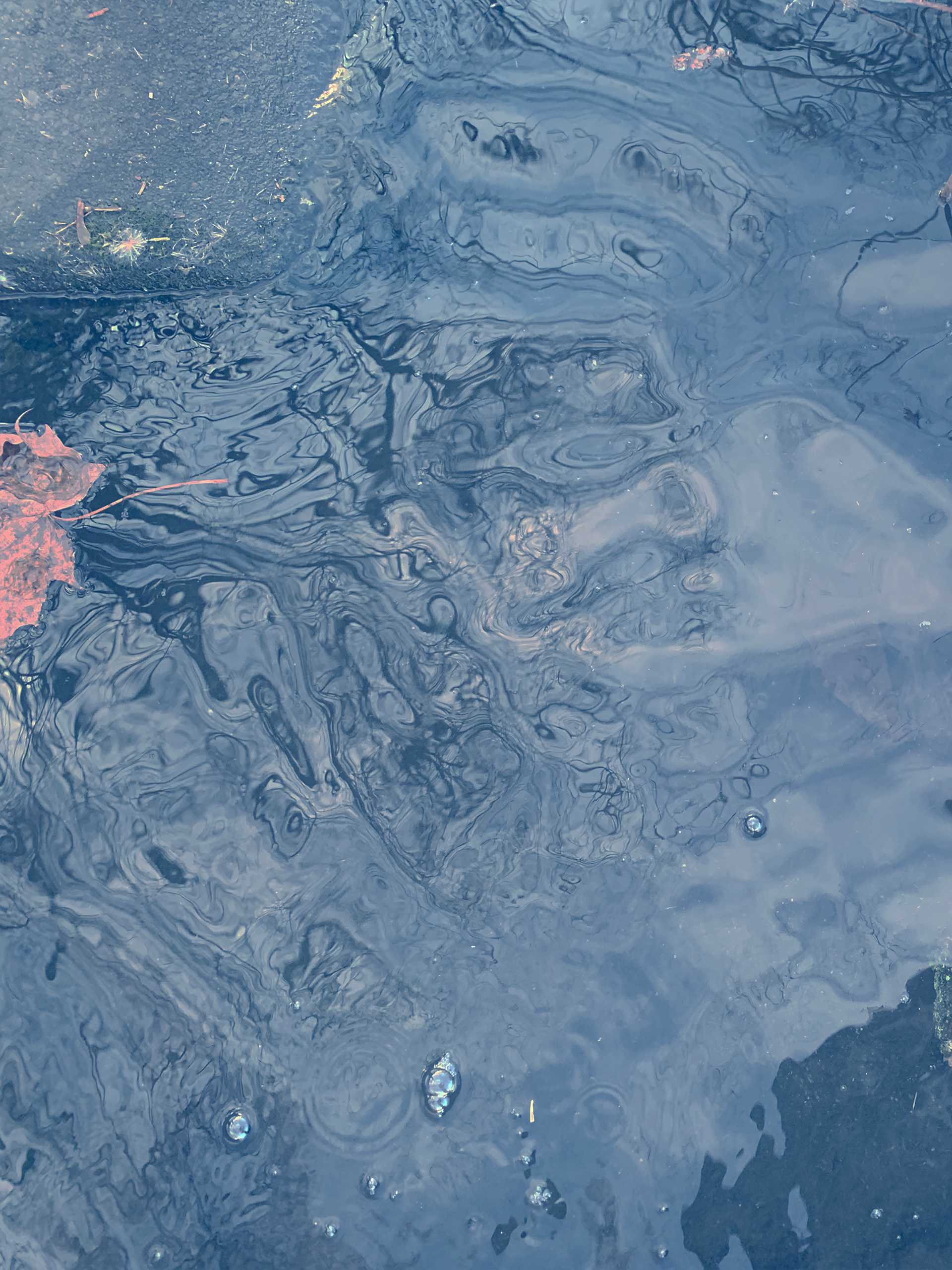⟶ Green Belt - From Iron Curtain to Lifeline
The European Green Belt forms an ecological network of over 12,500 kilometres across Europe, stretching along the former Iron Curtain from the Barents Sea in the far north to the Mediterranean south of Europe to the Adriatic Sea and the Black Sea. The European Green Belt features an extraordinary diversity of animals and plants. However, it also represents a unique memorial landscape to the overcoming of the Cold War. Of the 24 riparian states, 20 have already officially committed themselves to the protection and further development of this important ecological corridor through a political declaration of intent. Dr. Liana Geidezis, Head of BUND's Green Belt Department, will present the transformation process of the former border strip along the former Iron Curtain into an ecology network after the fall of the Wall, as well as BUND's commitment to the nomination of the European Green Belt as a UNESCO World Heritage Site on the occasion of the 30th anniversary of the opening of the Iron Curtain in 2019. The basis for this is a research project from 2014 commissioned by BfN (German Federal Agency for Nature Conservation), in which nomination scenarios for the European Green Belt were examined based on the UNESCO criteria. The study recommends a nomination as a 'mixed site', i.e. natural and cultural heritage site, and a transboundary serial designation with a nomination process in several phases. It is anticipated that the nomination process will take several years and will require close cooperation between nature conservation and cultural representatives, historians, and monument conservationists.
Dr. Liana Geidezis studied biology with a focus on zoology at the Friedrich-Alexander University of Erlangen-Nuremberg, 1998 doctorate on feeding ecology of free-living river otters (Lutra lutra) in the Upper Lusatian pond landscape; research assistant at the University of Erlangen and the Environmental Research Centre (UFZ) Leipzig. Since 1998, head of the international BUND project Green Belt, which is responsible for the German and Central European Green Belt (regional coordination) with the department in Nuremberg. Since 2014, board member of the European Green Belt Association e.V., which acts as the umbrella organisation for the Green Belt Europe.

